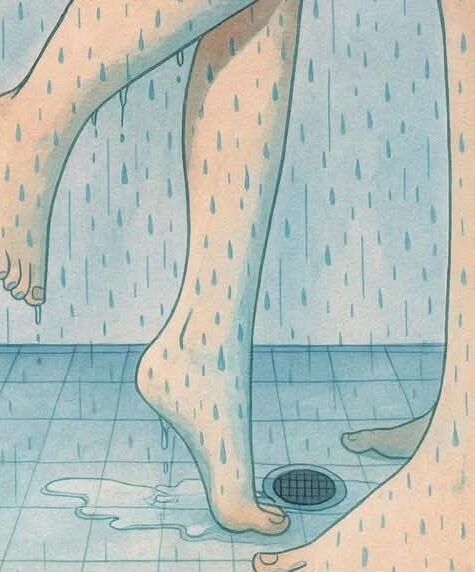
Clinical trials are the foundation of medical progress. They test whether new treatments, drugs, or medical devices are safe and effective. A critical tool in this process is the placebo, a substance or treatment with no therapeutic effect, often used as a control. The use of placebos helps researchers distinguish between the actual effects of a new therapy and the psychological or physiological changes that occur simply because a patient believes they are being treated.
Although placebos are central to modern clinical research, their use raises both scientific benefits and ethical debates.


A placebo is an inert intervention designed to mimic an active treatment but without containing the therapeutic ingredient. It can take many forms:
- Sugar pill or capsule with no active drug
- Saline injection instead of an active medication
- Sham procedures that mimic surgeries or therapies without delivering the active element
The purpose of a placebo is not to deceive patients but to serve as a baseline comparison for measuring how well a new treatment works.
The placebo effect refers to measurable, real improvements in symptoms that occur when patients believe they are receiving a treatment, even though it is inactive. This phenomenon highlights the strong connection between the mind, perception, and physical health.
Examples include:
- Reduced pain when given a sugar pill instead of a painkiller
- Improved mood in depression trials from believing in treatment
- Lower blood pressure or improved sleep through expectation
The placebo effect can be powerful, but it varies widely among individuals and conditions. Clinical trials must account for it to avoid overestimating the true benefit of a treatment.
Without a placebo group, it’s difficult to know whether symptom improvements are due to the treatment itself or other factors like natural recovery or patient expectation.
Randomized placebo-controlled trials are considered the gold standard because they minimize bias from patients and researchers alike.
Comparing a new treatment against a placebo shows whether it provides a meaningful improvement beyond psychological effects.
Health authorities such as the FDA and EMA often require placebo-controlled trials before approving new therapies.
- Randomized Controlled Trials (RCTs): Participants are randomly assigned to receive either the new treatment or a placebo.
- Double-Blind Trials: Neither participants nor researchers know who is receiving the placebo, preventing bias.
- Cross-Over Trials: Participants receive both placebo and active treatment at different times, allowing direct comparison within the same person.
The use of placebos raises important ethical questions:
Participants must know that they may receive a placebo instead of an active treatment. Transparency is essential.
In some cases, giving a placebo means participants go without proven therapy. For life-threatening or serious conditions, this may be unethical.
Researchers must weigh the benefits of gathering reliable data against the risks of depriving patients of effective treatment.
Instead of placebos, some trials use active comparators—comparing a new drug to an existing standard treatment. This avoids leaving participants untreated but may complicate trial design.
International guidelines, such as the Declaration of Helsinki, state that placebo use is ethical when:
- No proven treatment exists for the condition
- Withholding treatment poses no serious or irreversible harm
- Participants give fully informed consent
- The trial design is scientifically necessary to answer an important question
Modern research goes beyond simply using placebos as controls. Scientists are exploring the mechanisms of the placebo effect itself, which involve brain pathways, endorphin release, and even immune responses. Understanding these mechanisms may allow medicine to harness the placebo effect in ethical ways to enhance healing.
- Pain management trials: Placebos often produce strong responses, making it harder to prove a new drug’s effectiveness.
- Depression trials: Placebo effects are common, showing how patient expectations can influence mood.
- COVID-19 vaccine trials: Placebos were used to test vaccine safety and efficacy, but once vaccines proved effective, ethical guidelines required offering them to placebo recipients.
The use of placebos in clinical trials is both a scientific necessity and an ethical challenge. Placebos allow researchers to separate real treatment effects from psychological influences, ensuring that new therapies truly benefit patients. At the same time, careful attention to informed consent, patient safety, and ethical guidelines is essential to protect participants.
In the end, placebos highlight a fascinating truth: healing is influenced not only by drugs and procedures but also by belief, expectation, and the power of the mind. As medical science advances, the role of placebos will continue to evolve—not just as a control tool but as a window into the human capacity for self-healing.



